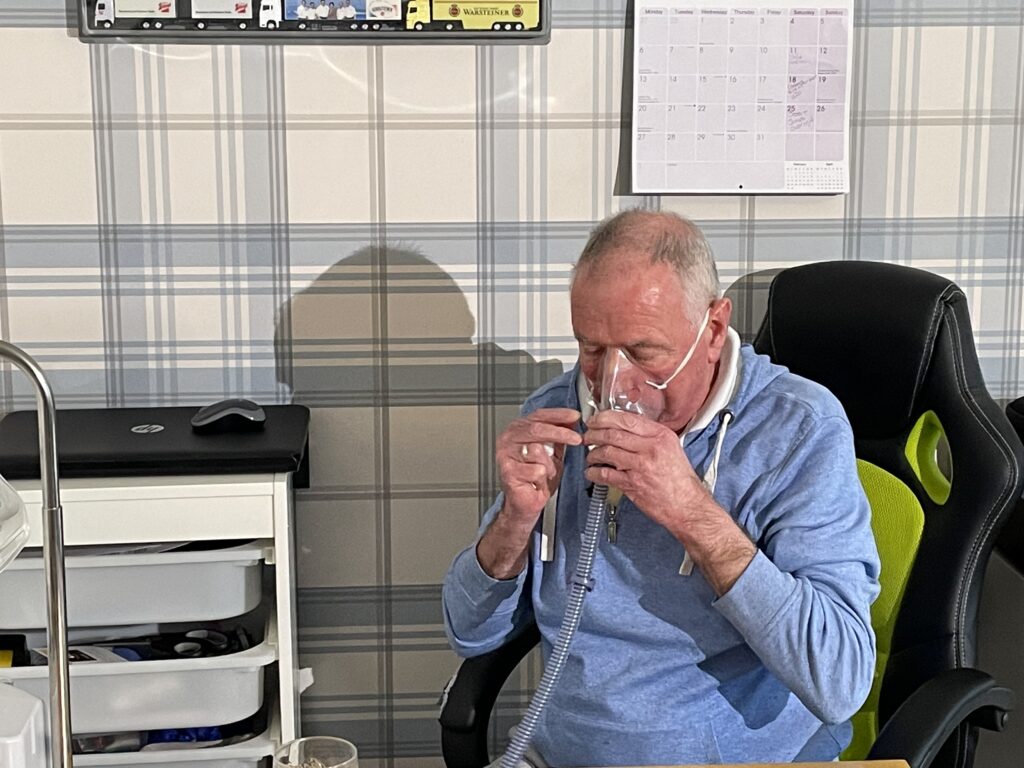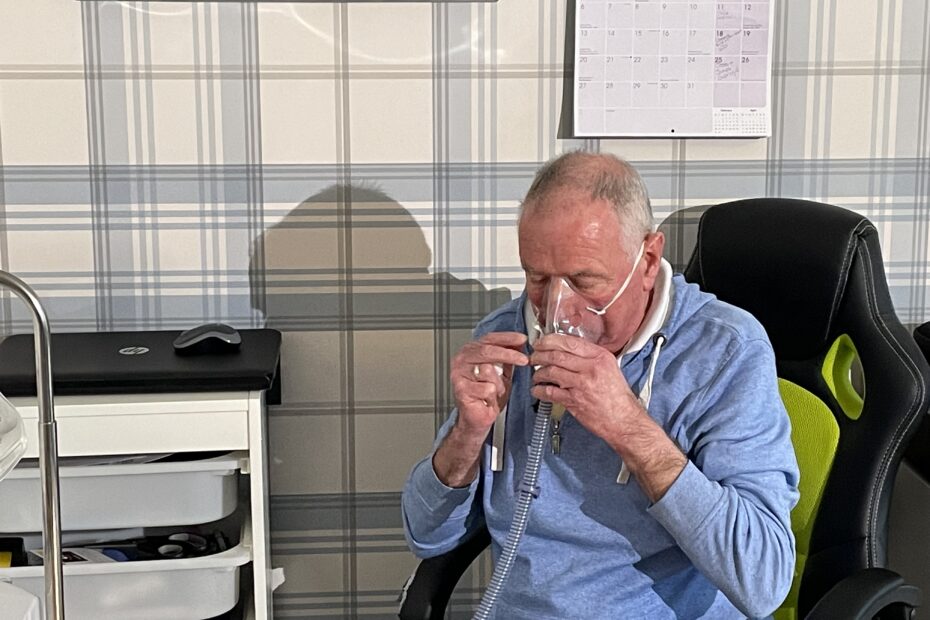
An innovative approach to emergency care within NHS Greater Glasgow and Clyde which results in frail patients spending less time in hospital is set to expand following a successful pilot.
The Home First Response service, which was launched in November last year, sees patients who would otherwise potentially spend long periods in hospital receive a tailored care plan which can be delivered in a home or community environment.
The service is particularly helpful to elderly patients, where treatment at home provides significant benefits – increasing recovery time, preserving mobility and reducing the chance of delirium.
As part of the rollout, specially trained HSCP staff have been recruited and embedded alongside acute frailty teams at Glasgow’s Queen Elizabeth University Hospital and Paisley’s Royal Alexandra Hospital to help limit admissions, improve early discharges and support anticipatory care planning.
The staff liaise with other HSCP teams in the communities, including advanced nurse practitioners, pharmacists and Allied Health Practitioners to mirror the care the patient would receive in hospital.
While the service is still in its infancy, results have been overwhelmingly positive, with one in three patients identified in the pilot being discharged from hospital on the same day with a care plan in place at home.
A total of 11 specialist frailty practitioners have now been recruited as the service continues to expand and further integrate with the acute services across hospital sites.
Susanne Millar, Chief Officer for Glasgow City HSCP, said: “By building a more integrated service across acute and community, we’ve been able to ensure a number of frail patients have been able to avoid a hospital stay altogether. This benefits both the patient, who receives treatment from the comfort of home, and the hospital, which now has some additional capacity to look after other patients requiring urgent care.
“Patient feedback so far has been largely positive and with additional staff coming on board in coming months, Home First’s important role in supporting our patients to get the best care possible for their needs will continue to grow.”
Dr Scott Davidson, Deputy Medical Director for Acute Services at NHS Greater Glasgow and Clyde, added: “We are working closely with our colleagues within the HSCPs across the region to ensure we’re able to provide a more seamless approach to care where our patients receive the most appropriate type of treatment as soon as possible. This can only be done with the support of HSCP staff who are a welcome addition to our acute front door teams and provide that vital additional link with the community.”
ENDS

